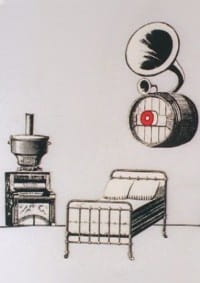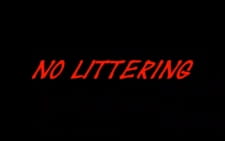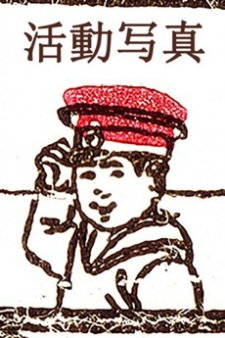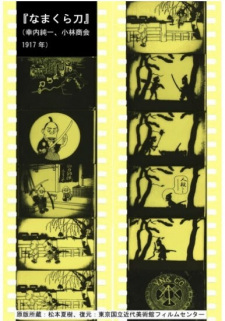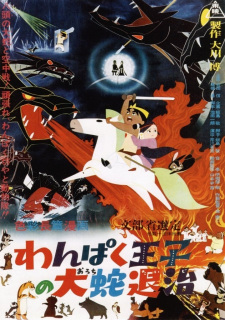Jul 17, 2014
Ningen Doubutsuen, also known as Clap Vocalism or Human Zoo, is truly the most influential anime of the twentieth century. Uneducated viewers new to the anime medium may find it jarring or confusing. It requires an inquisitive and analytical mind to peer into the rich imagery and deep symbolism of Ningen Doubutsuen. Allow me to show you.
The title cards for the introduction and conclusion are minimalistic in nature. It seems to mock television programmes and movies which use overly-edited footage and effects to have a bombastic opening and closure. Ningen Doubutsuen says, "No, I don't need any complicated effects to make the movie good." And
...
this is resoundingly true. The content of the movie is so good, so solid, so FRESH that it doesn't need any extra fluff to make it as good as it is.
Again, the avant-garde animation follows the theme of minimalism as I mentioned earlier. Ningen Doubutsuen doesn't need fancy animation or a unique artstyle to make itself shine. It is fantastic on its own already. The inclusion of drawings instead of just words seems to be a mocking gesture by director Kuri Yoji. He seems to say, "Okay, I'll add this stuff on top so that it qualifies as an 'anime', even though it is amazing already."
Ningen Doubutsuen goes straight to the point. It draws important parallels between animal abuse and domestic violence in twentieth century Japan. In the feministic society, men trapped in loveless marriages and "caged in" and tortured by their wives, similar to how animals are trapped in zoo cages and abused. The Man is expected to be the breadwinner of the family while the Woman sits at home and does nothing, just like how animals are made to perform for the entertainment of humans. The fantastic voice acting echoes Kuri's sentiments. Sharp, high-pitched voices mimicking animals which sound almost sarcastic in nature. Mocking, showing derision towards marriages, gender roles, society, the very nature of humanity itself... Brilliant. Simply brilliant I must say.
Ningen Doubutsuen is by far one of the most important works of the twentieth century, and is one of the best films Japan has ever put out. Its vibrant symbolism and detailed historical context give an insight into Japanese married life in the sixties. One simply cannot call himself a so-called 'anime' fan if he has not seen this masterpiece. Truly, it is director Kuri Yoji's magnum opus.
Reviewer’s Rating: 10
What did you think of this review?
Nice
 0
0
Love it
 0
0
Funny
 0
0
Confusing
 0
0
Well-written
 0
0
Creative
 0
0Show all






